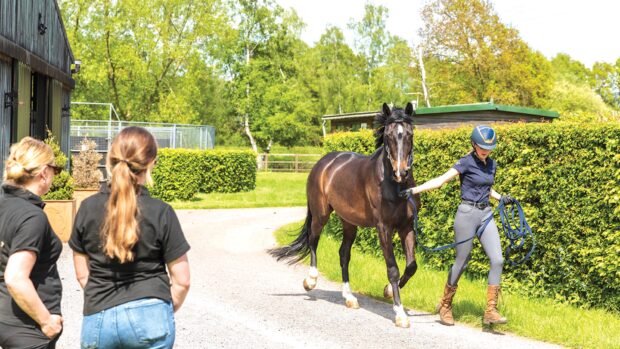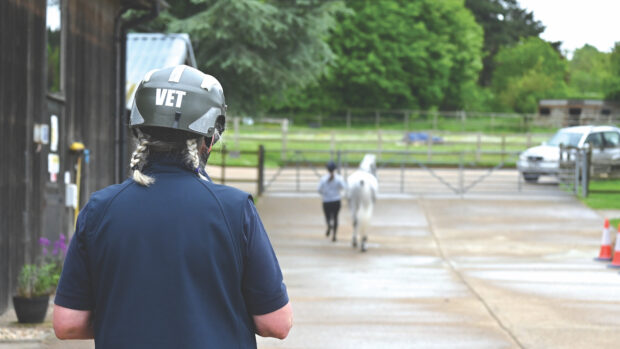Q: I recently found a buyer for my daughter’s pony. However, the buyer’s vet failed her on a flexion test and they withdrew from the sale. I was concerned because the pony had previously shown no signs of lameness.
I asked my own vet to do flexion tests all the way round but he could find nothing wrong. He commented that any horse could be made lame if you tried hard enough, and that the buyer’s vet was known locally for failing a large percentage of horses.
I contacted the buyer, but they had already found another pony. Do I have any redress against the vet concerned, and what can I do to prevent the same thing happening again?
GE, Carmarthenshire
A: H&H asked Richard Brooks, partner in solicitor Withy King’s racing and bloodstock team, for his advice.
“Graham Fletcher’s comments (28 February) and the correspondence on this subject demonstrate the huge conflict of interests,” he says.
“The bar has been raised for vets by buyers who do not want, or cannot afford, the risk of purchasing a horse with pre-existing problems. Gone are the days when vets would only be asked to check the eyes, heart and testicles.”
Richard believes a complaint against the vet by the pony’s seller is unlikely to be successful.
“The vet has a contract with the person paying him — presumably the buyer,” explains Richard.
“The vet’s duties will not extend to the seller. Even in the unlikely event that a seller is paying for the vetting, it is, by definition, for the benefit of the potential buyer and no one else. The only option in this case seems to be to ensure a different vet is commissioned next time.
“Vets are wary of being sued for negligence, although the fact of the matter is that suing a professional such as a vet is no easy task,” says Richard.
“It is not good enough for the complainant to show that another vet would have acted differently. The complainant must show that no reasonable body of vets would have acted in the same way. That is a difficult hurdle to overcome. Pre-purchase vettings only require the vet to assess suitability ‘on the balance of probabilities’.
“With all this in mind, vets might be encouraged to disclose in writing anything that might be relevant to the buyer with a sensible assessment of the risk. Complaints from buyers often seem to be the result of a lack of information rather than actual negligence.”
Information
Withy King Tel: 01672 514781 www.withyking.co.uk
This Q&A was first published in Horse & Hound (13 March, ’08)



